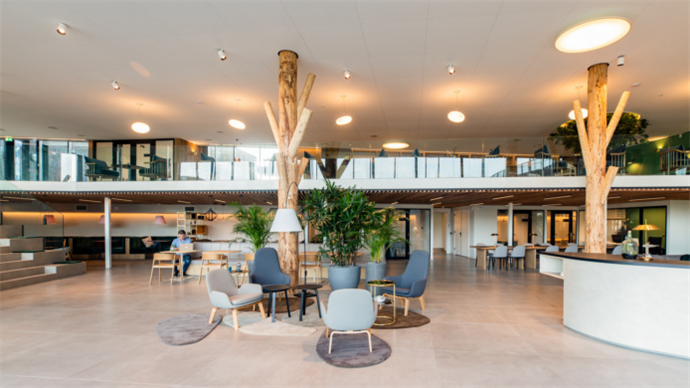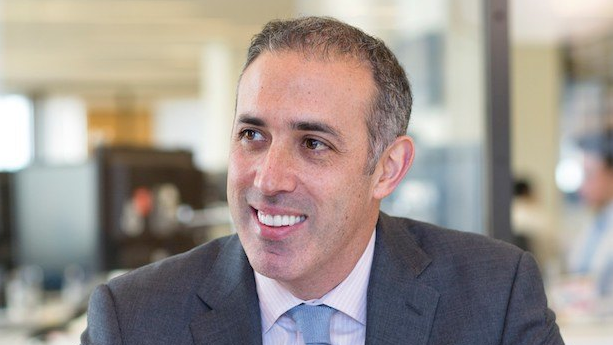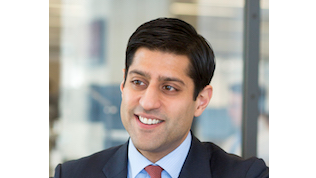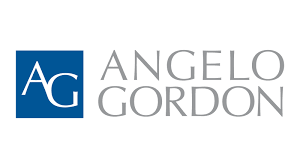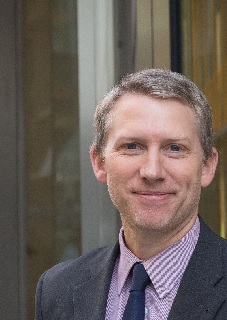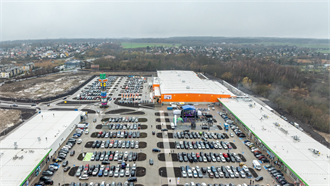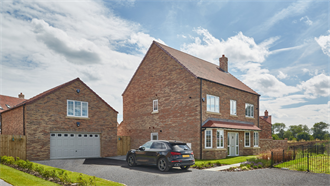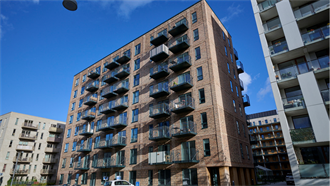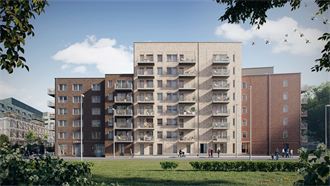US firm Angelo Gordon has finished raising AG Europe Realty Fund III and succeeded in closing at its hard cap of $1.5 bn (€1.34 bn) of equity commitments from investors.
The company has built a good track record in Europe, as reflected by the size of the fund – it is the largest amount Angelo Gordon has raised for a closed ended Europe-dedicated real estate investment vehicle.
It is also believed to be the second largest closed ended discretionary real estate fund to have reached a final close so far this year.
Predecessor fund, AG Europe Realty Fund II, closed on $843 mln in 2017, which itself exceeded a target of $750 mln, while Fund I closed on $570 mln in 2014.
The company has been investing in Europe for just over a decade and has made over $2 bn of acquisitions.
The strategy is value-add pan European with a focus on major cities in the UK and Western Europe. Its website says it typically sources assets from owners who lack capital, patience or expertise to improve cash flow and value.
Recent transactions include the sale in March of the Life office in Utrecht, while at the same time buying an office property in Amsterdam let to mass circulation newspaper De Telegraaf.
Angelo Gordon partners APF International on Dutch deals. Together they invested in the Life building in Papendorp business park when it was totally vacant in 2017. Since then it has been fully refurbished and repositioned as a sustainable, modern office complex, and leased up in the last three years. Subscribers can read more details of the value creation here.
Adam Schwartz based in New York is co-CIO and head of real estate at Angelo Gordon. In Europe, Anuj Mittal leads the platform from Amsterdam.
Angelo Gordon said the fund will target assets, across all property types, that are located in the UK and major markets in Western Europe and the Nordics.
Schwartz said, 'Our limited partners’ robust response speaks to the talent of our experienced team and depth of our industry expertise, which paired with our strong network of trusted operating partners, create a distinctive edge when it comes to deal sourcing, improving asset performance, and value creation.'
Co-portfolio manager of European real estate, Mittal, added: 'Significant levels of dislocation and distress in the real estate sector in the UK and Western Europe persist, with political uncertainty, weak banks, and sluggish economies contributing to the emergence of new pockets of stress.
'Additionally, we believe COVID-19 will likely lead to a new set of distress.'
Fund III participants
Some of the investors in Fund III are known thanks to publicly available documents posted by US institutional investors such as Pennsylvania Public School Employees’ Retirement System and Minnesota State Board of Investment. They invested $100 mln and $75 mln respectively.
Towards the end of last year, Angelo Gordon had already signed commitments from numerous investors totalling $680 mln.
The final close of AG Europe Realty Fund III on $1.5 bn is thought to make this fund the second largest to reach a final close in Europe this year after Blackstone’s Real Estate Partners Europe VI finished on a colossal €9.8 bn in April.
Capital raising in Europe
As PropertyEU has been reporting, companies are experiencing a range of different progress levels for Europe-focused funds. Some have been able to continue signing commitments through the Covid-19 crisis. Click here for an example.
Meanwhile, other firms have anecdotally decided to delay new fund launches until September. Others effectively feel they have lost nine months of fundraising – the four months since lockdown in Europe beginning in March and an expected lull for the next five months.
According to Lazard’s most recent bulletin, institutional investors have continued to carry out due diligence and commit to funds throughout May, albeit many have adapted their investment approach.
Lazard gathered feedback from over 70 real estate limited partners throughout May and reported that after capitalising on a window of opportunity in the public markets in April, limited partners have retrenched to existing private capital relationships, looking to either increase exposure to existing fund managers or building upon relationships which had been established prior to the onset of the pandemic.
The advisory firm also said there was an acceleration of existing real estate sector shifts: increased focus on logistics, multifamily/residential for rent and data centres; and continued interest in distressed and opportunistic opportunities, with distressed credit and hospitality opportunities frequently cited as of interest.

